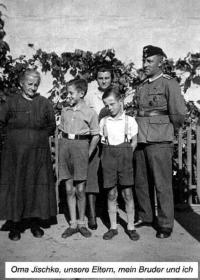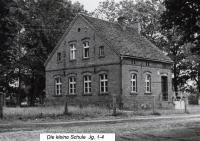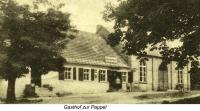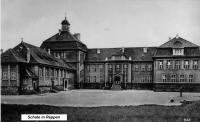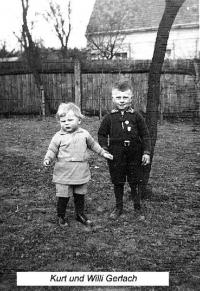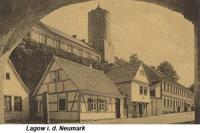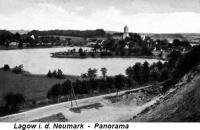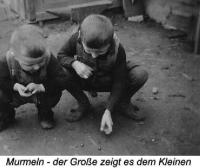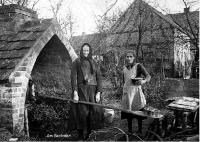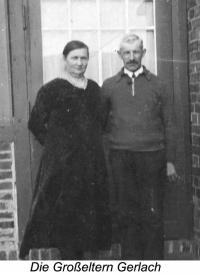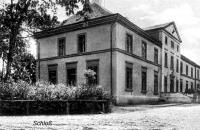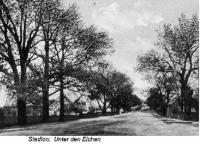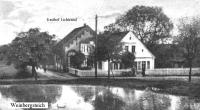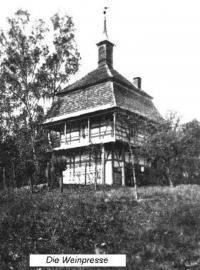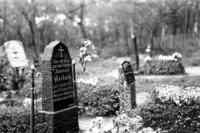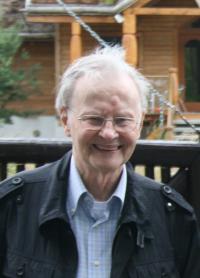The most important thing is to speak to each other
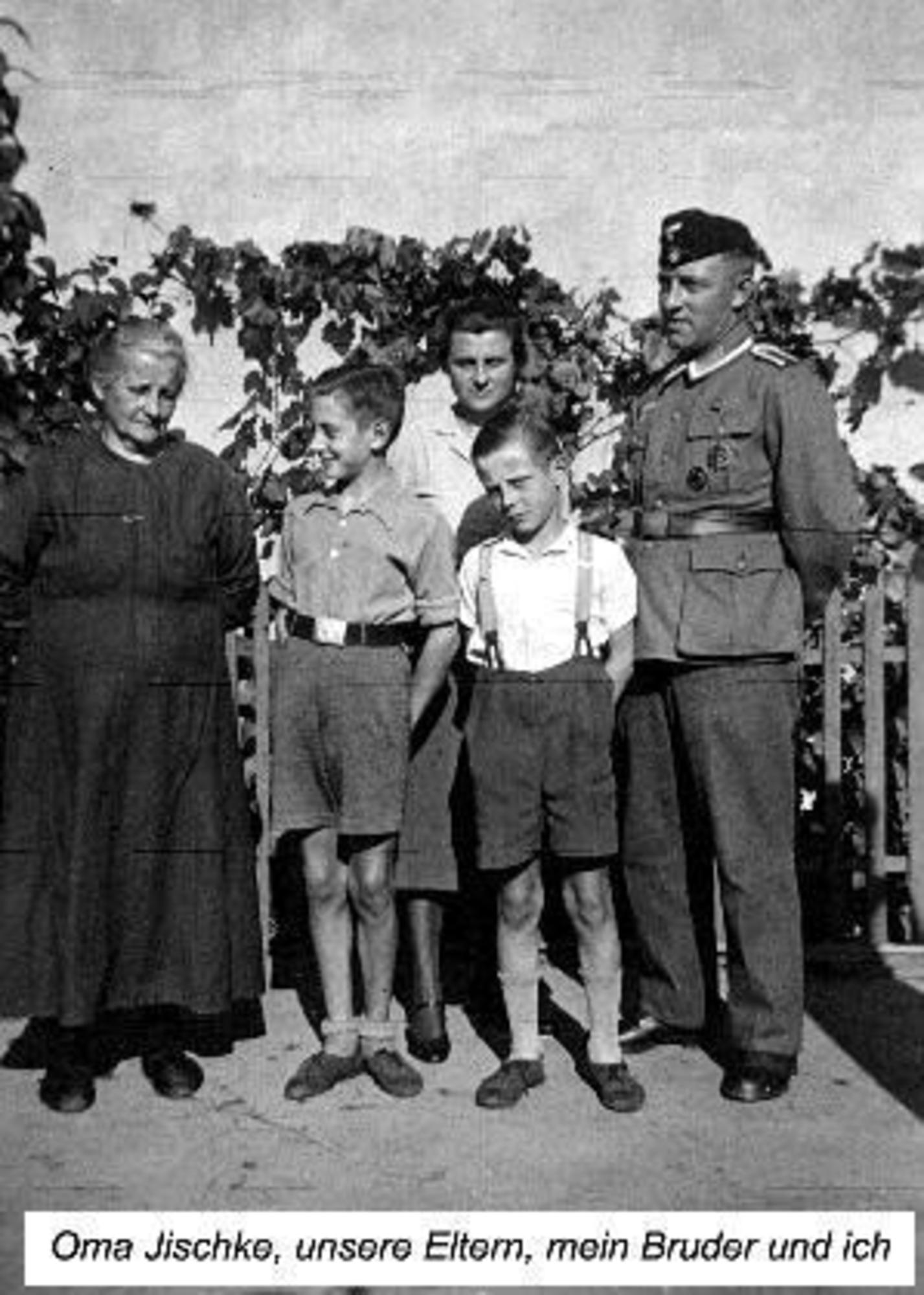
Stáhnout obrázek
Willi Gerlach was born in 1932 in Baudach in the district of Crossen. His father was a civilian employee of artillery barracks and his mother was occupied in the household. He has an older brother. At the outset of the war, his father voluntarily enlisted in the army. In late January 1945, the battle lines were approximating Baudach and Willi Gerlach and his family fled Baudach on February 10, heading westward. After the war had ended, they returned to Baudach to find that a new Polish administration had already been established in the village. Just a few days later, all inhabitants of Baudach were expelled from the village. At first, the Gerlach family sought shelter with their relatives in Berlin. However, they were banished from Berlin and ended up in Saxony-Anhalt, where Willi completed his primary education. In 1946, his father was released from a British internment camp and returned to the family. After he graduated from school, Willi began an apprenticeship for a car mechanic. In 1961, after he had been warned by a colleague, he, his wife and their little daughter managed to flee to the western part of Berlin just shortly before the Berlin wall was erected. In West Berlin, he studied and worked as a teacher until his retirement in 1994. In 2002, he went on a picture-taking trip to his former home Baudach, today‘s Budachow. Since then, he goes there several times a year. He currently lives with his wife in Cologne.
